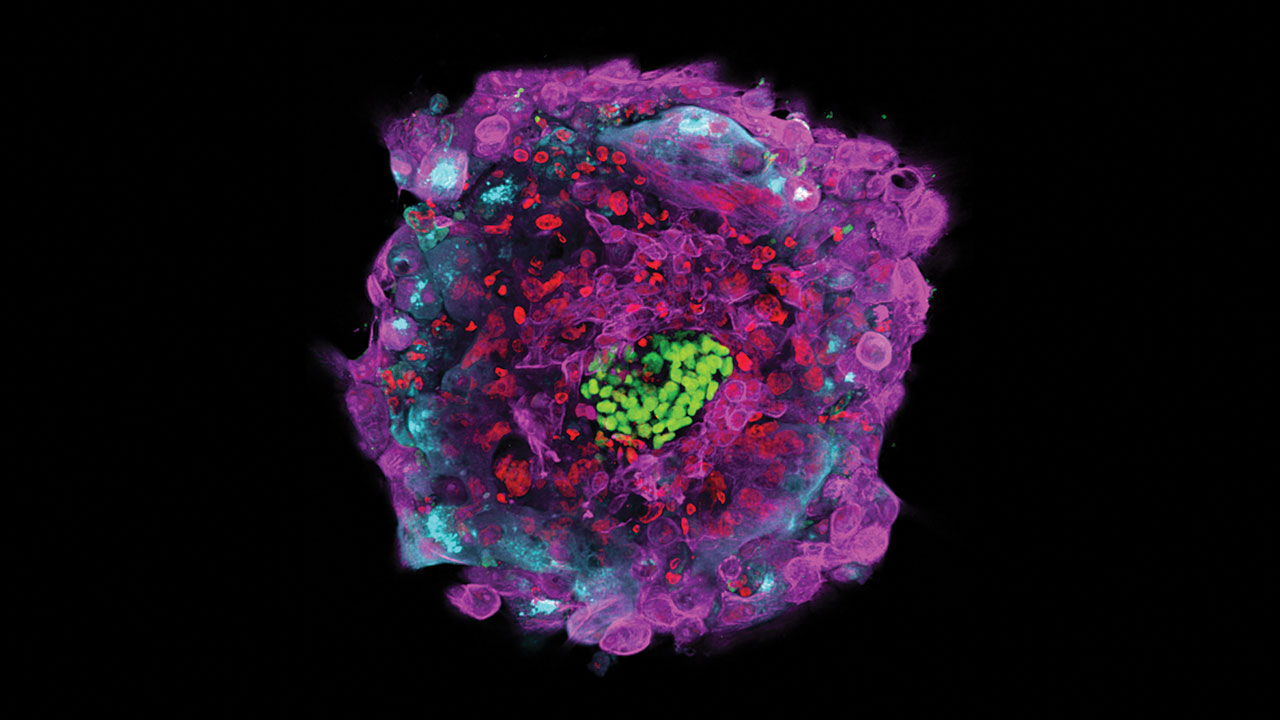August 3, 2025

In a stunning advancement for developmental biology, scientists have successfully created the first lab-grown human embryo model entirely from stem cells — no sperm, no egg, and no uterus required. The breakthrough, made by an international research team, marks a critical step forward in understanding the earliest stages of human life.
Using pluripotent stem cells, which have the ability to become any cell type in the body, researchers coaxed the cells into forming a structure closely resembling a human embryo at around day 14 of development — the point when organ formation typically begins.
“This is the most complete model of a human embryo that has ever been developed from stem cells,” said lead researcher Dr. Magdalena Żernicka-Goetz of Caltech. “We’re not just forming a blob of cells — we’re seeing organized development.”
The embryo model includes structures that mimic the placenta, yolk sac, and the beginnings of what could become the embryo itself — a feat never before achieved at this level of complexity.
Importantly, the embryo models were developed without using human embryos or reproductive materials, sidestepping many of the ethical and legal concerns that surround embryo research. However, the work still raises major bioethical questions: How close can these models get to real embryos before they’re considered life? And how far should science go?
The researchers emphasized that these synthetic embryos are not capable of developing into a human fetus and are not being used for reproduction. Instead, their purpose is to study developmental disorders, miscarriages, and congenital diseases — research areas where access to real human embryos is limited.
As gene-editing tools like CRISPR become more advanced, scientists believe these embryo models could also serve as testbeds for correcting genetic diseases before birth.
Still, many countries — including the U.S. — are grappling with how to regulate such models. The International Society for Stem Cell Research is currently revisiting its guidelines as synthetic embryo research accelerates.
This work may also help reduce the need for animal testing in early developmental studies and open new doors for personalized medicine.
As science continues to blur the line between biology and biotechnology, the lab-grown embryo could become one of the most transformative — and controversial — frontiers of the 21st century.
Nature. Synthetic Human Embryo Models.https://www.nature.com/articles/d41586-023-02033-6
Żernicka-Goetz, M. (2023). Caltech Press Release
International Society for Stem Cell Research. 2023 Guidelines Update